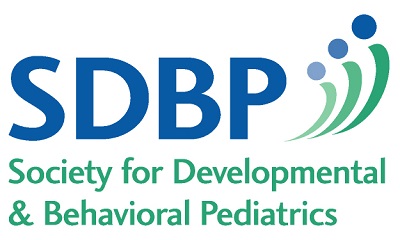Developmental-Behavioral Pediatricians are physicians with training and expertise in the evaluation and care of children and adolescents with a number of conditions including:
- Learning disorders (dyslexia, disorders of written expression/dysgraphia math disorders,>and other school-related learning problems)
- Attention and behavioral disorders including attention-deficit/ hyperactivity disorder and associated conditions
- Oppositional-defiant behavior/disorder
- Conduct problems/disorder
- Depression
- Anxiety disorders
- Tics, Tourette syndrome, and other habit disorders
- Disorders of regulation including sleep disorders, feeding problems, mbehavior problems, complicated toilet-training issues, enuresis(bedwetting), and encopresis (soiling)
- Developmental disabilities including cerebral palsy, spina bifida, mental retardation, autism spectrum disorders, and visual and hearing impairments
- Delayed development in speech, language, motor skills, and thinking ability
- Behavioral and developmental problems complicating chronic illnesses and disabling conditions such as genetic disorders, epilepsy, prematurity, diabetes, asthma, cancer
Developmental-behavioral Pediatricians are trained to consider both the medical and psychosocial aspects of children’s and adolescents’ developmental and behavioral problems. They are medical doctors who have completed:
- Medical school
- Residency training in pediatrics
- Board certification in pediatrics
- Additional subspecialty training in developmental-behavioral pediatrics
Developmental-Behavioral Pediatricians’ training and experience in interdisciplinary programs, provides a gateway to understanding the broad services needed for and available to children with special needs. They practice in hospitals, major medical centers, clinics, private practice settings, rehabilitation centers, schools, and community centers. They work closely with parents, families, and schools. Often developmental-behavioral pediatricians work collaboratively as part of a team of professionals which may include psychologists, speech and language pathologists, occupational therapists, physical therapists, neurodevelopmental disabilities pediatricians, child psychiatrists, child neurologists, nurse practitioners, physician’s assistants, educational diagnosticians, and/or clinical social workers.
